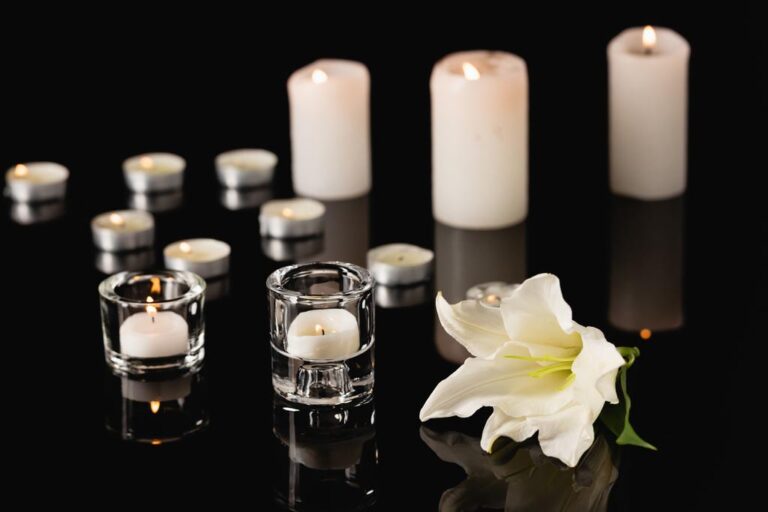Last Updated on March 10, 2024 by Asfa Rasheed
The Buddhist funeral customs are very different from the funeral customs of other religions. For example, in most Buddhist cultures, the body is not cremated but is instead buried. Also, there is usually no wake or memorial service held for the deceased person.
How do Buddhist funerals differ from other religions?
Buddhist funerals differ from other religions in several ways. For one, they are typically much simpler affairs, with fewer rites and ceremonies. Secondly, Buddhists believe in reincarnation, so the focus is not on mourning the death of the individual as much as it is on helping them move on to their next life. Finally, Buddhist funeral services often involve cremation rather than burial.
What are the steps in a typical Buddhist funeral ceremony?
A typical Buddhist funeral ceremony is conducted over a period of seven days and includes various rituals and rites. The first day of the funeral is typically spent preparing the body of the deceased for cremation. This involves washing and dressing the body, as well as applying makeup and jewelry. The body is then placed in a coffin or on a funeral pyre.
On the second day of the funeral, family and friends gather to pay their respects to the deceased. A eulogy is usually given and prayers are said. The third day is spent preparing for the cremation or burial ceremony. On the fourth day, the actual cremation or burial takes place.
After the cremation or burial, family and friends gather again on the fifth day to offer more prayers and share memories of the deceased. On the sixth day, a special memorial service is held, which includes more prayers and chanting. Finally, on the seventh day, a final memorial service is held before everyone disperses.
What do Buddhists believe happens after death?
In Buddhism, death is not seen as the end of life, but as a natural process that happens to all beings. What happens after death is not fully known, but it is believed that our consciousness continues in some form. There is no heaven or hell in Buddhism, but there is the idea of rebirth. This means that our consciousness is reborn into another being after we die. We don’t necessarily come back as the same person, but our actions in this life will determine what kind of life we have in the next.
How can I plan a Buddhist funeral for my loved one?
When you lose a loved one, it can be difficult to know how to honor their memory. If your loved one was a practicing Buddhist, you may want to consider having a Buddhist funeral. Here are some tips on how to plan a Buddhist funeral for your loved one:
1. Choose a venue that is appropriate for the size of the funeral and the number of guests. The venue should also be conducive to meditation and reflection.
2. Decide whether you would like to have the funeral service led by a Buddhist monk or layperson. If you choose to have a monk lead the service, be sure to ask about any specific requirements beforehand.
3. Select readings, music, and other elements that will reflect your loved one’s spiritual beliefs and practices. You may want to ask family and friends for suggestions.
4. Have someone create or purchase an appropriate altar for the service. The altar should include items that represent the Five Precepts of Buddhism: respect for life, respect for property, sexual responsibility, truthful communication, and mindful consumption.
5 . Work with your chosen officiant to plan the structure of the service. Be sure to allow time for guests to share memories and say goodbye in their own way
Apart from this, if you are interested to know about Lifestyle changes then visit our Lifestyle category.
